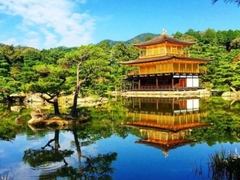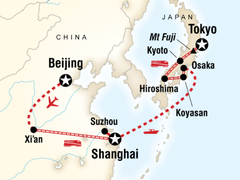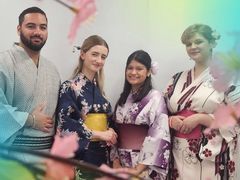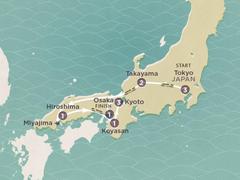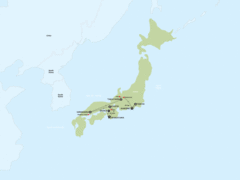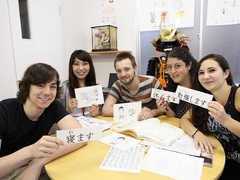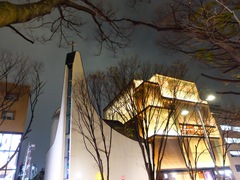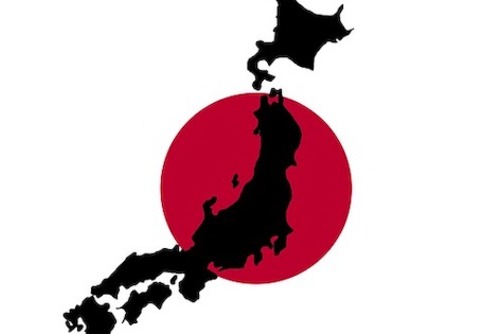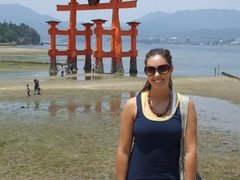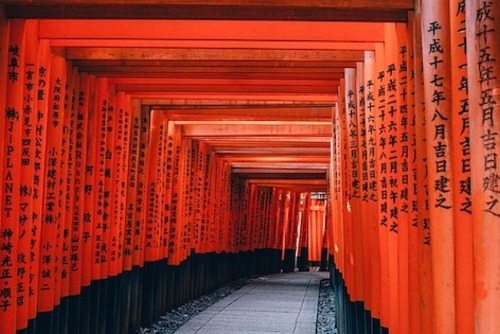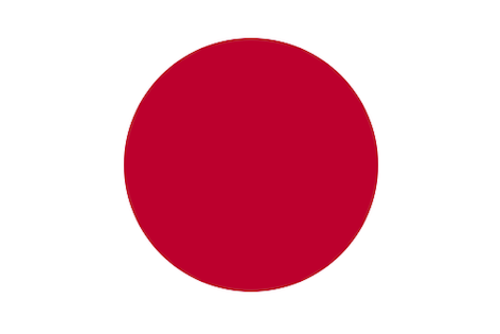The Kyoto Project
Once the imperial capital of Japan, Kyoto offers its visitors a window into the past through its serene temples and lavish gardens. In its unique Gion District, geishas still perform traditional arts. But students will also find a rich sampling of contemporary culture, including the Kyoto International Manga Museum, trendy restaurants and lively karaoke bars.
Working in teams with Japanese students from local universities, participants will delve into the life of this fascinating city by hunting for captivating stories and interviewing residents. Students will earn three credits from our partner university, the University of Jamestown. Credits are transferable and accepted as an upper-division journalism elective. The program also is open to recent graduates and graduate students.
Optional Supplementary Program
Students can begin the program early by participating in the Japanese English Model United Nations program at Kindai University in Higashiosaka, June 23-25.
Students can participate as a delegate or as a journalist covering the event, which draws university students from around Japan as well as international students. A 29,000 yen additional fee (approximately $300, depending on the exchange rate) covers hotel and some meals for the 2 ½-day program.Students will have the opportunity to travel to other locations in Japan, including Tokyo; the island of Miyajima with its famous floating Torii (left); and Himeji Castle, also known as White Heron Castle (right).
Students will have two three-day weekends free to explore Kyoto or visit stylish Tokyo, the majestic Japanese Alps, the heartbreaking Hiroshima Peace Museum or the lush countryside that inspired Japanese filmmakers Miyazaki and Kurosawa. Train travel in Japan is easy and fast, and many major routes are served by bullet trains whisking passengers to their destinations at speeds up to 275 mph.
Eligibility
The program is open to English-speaking college students and recent graduates from any university. Over the past decade, participants in ieiMedia programs have included more than 800 students from 80 U.S. and Canadian campuses, along with students from Japan, Peru, Singapore, Thailand, Trinidad, Turkey and the United Kingdom.
Accommodation
Students will live in a traditional Japanese guesthouse or student apartment with kitchen facilities. Sheets, blankets and towels will be provided.
What to Expect
Students are expected to bring a laptop computer and digital camera and are welcome to bring a video camera, tripod, audio recorder and other multimedia equipment. Students will have daily instruction in “survival” Japanese at the Kyoto University of Foreign Studies.
Classes will cover language basics so that students can introduce themselves and carry on simple conversations. Students will also gain insights into the culture, food and way of life in Japan. When reporting, you will work with bilingual students who will act as interpreters. In the past, students have found the process of working with these local students to be one of the most rewarding experiences in the program.


